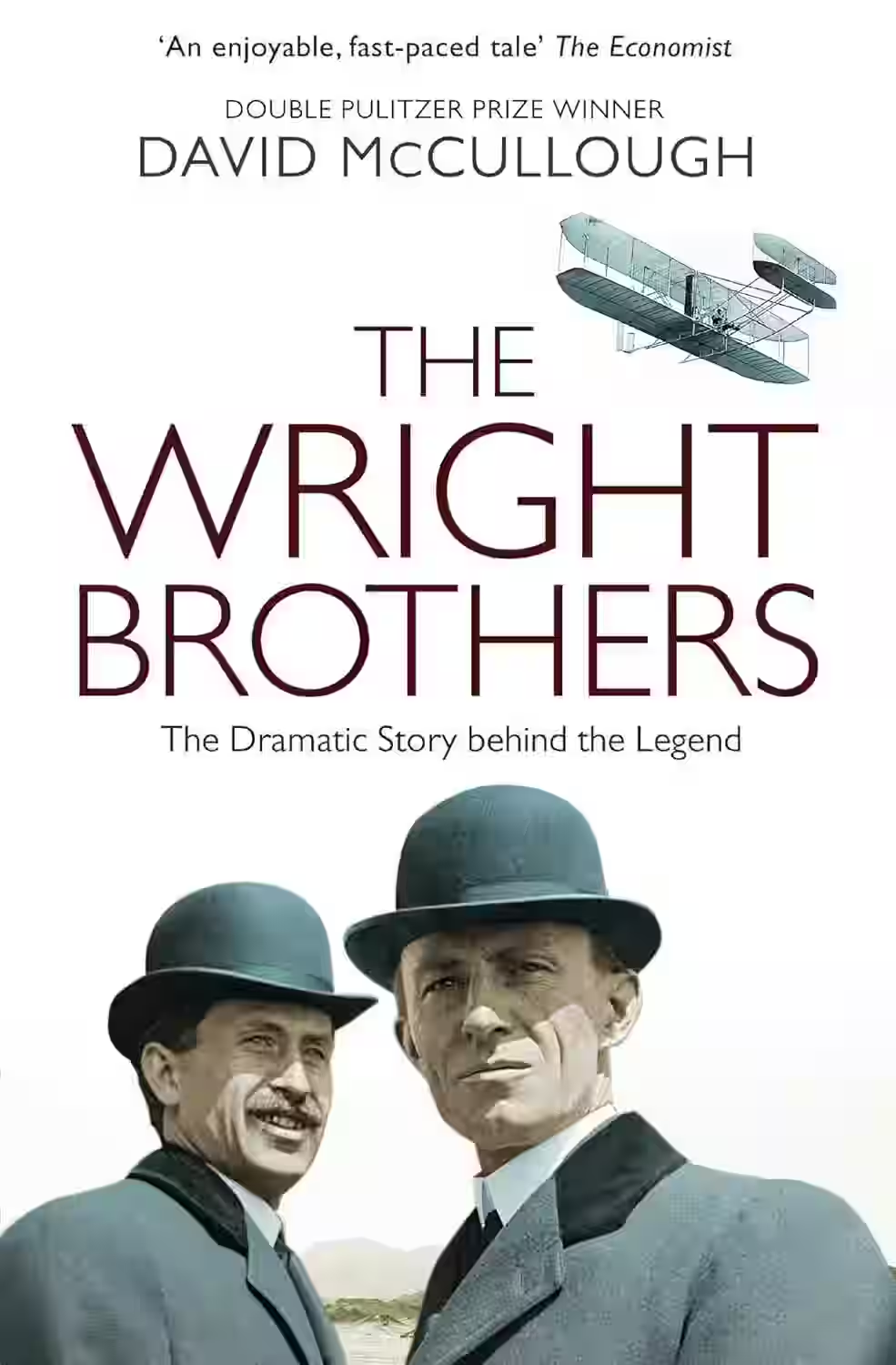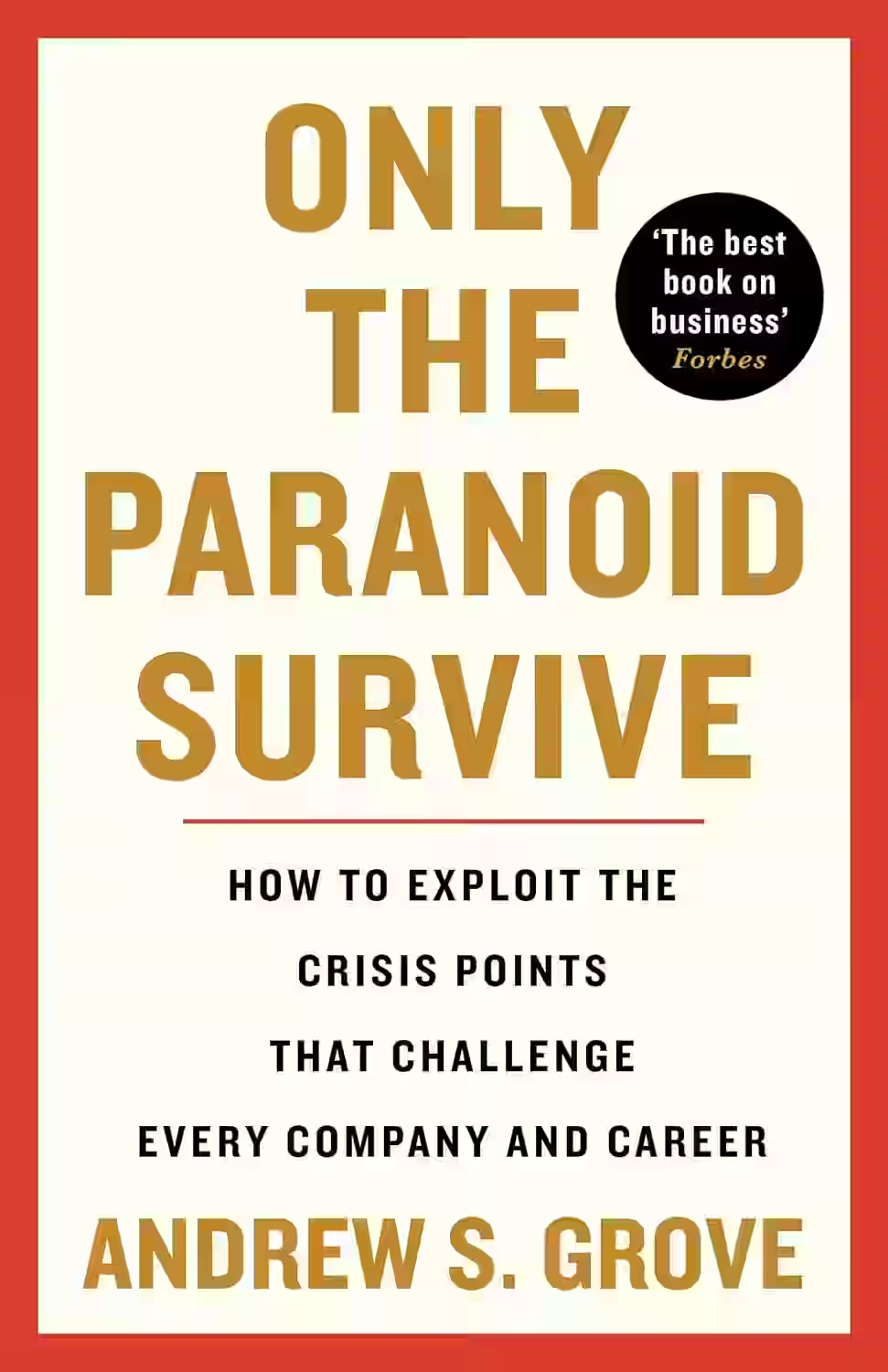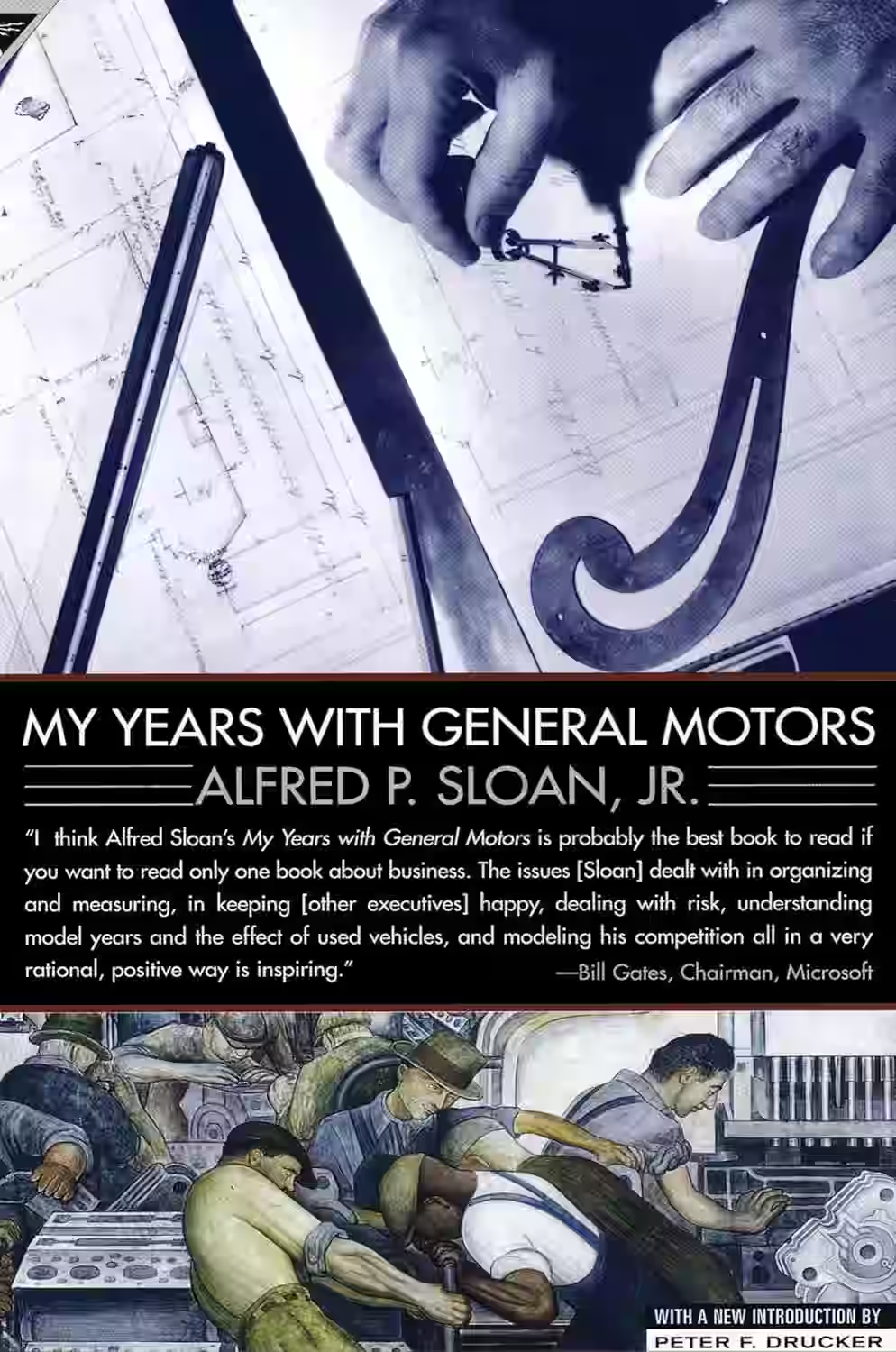
In 'The Wright Brothers,' David McCullough delves into the lives of aviation pioneers Orville and Wilbur Wright, showcasing their relentless pursuit of flight amidst unimaginable challenges. The book paints a vivid picture of the brothers' determination, ingenuity, and unwavering belief in their dreams. McCullough seamlessly weaves together historical accounts, personal letters, and photographs to bring to life the daunting journey of the Wright brothers and their groundbreaking achievements. Readers are taken on a captivating journey through the early days of aviation, experiencing the triumphs and tribulations faced by these visionary brothers. 'The Wright Brothers' is a testament to the power of perseverance and innovation in the face of adversity.
About David McCullough
David McCullough, born on July 7, 1933, in Pittsburgh, Pennsylvania, is a renowned American historian and author known for his compelling narratives of significant events in American history. McCullough's meticulous research and vivid storytelling style have garnered him widespread acclaim and multiple awards, including two Pulitzer Prizes for his biographies on John Adams and Harry S. Truman. His works, such as '1776,' 'The Wright Brothers,' and 'The Greater Journey,' have captivated readers with their insightful exploration of key moments and figures that shaped the nation. McCullough's contributions to literature have not only educated but also inspired countless individuals to delve into the complexities and wonders of America's past.
Similar Books

Hidden Figures
Margot Lee Shetterly's 'Hidden Figures' sheds light on the remarkable true story of African American female mathematicians who played pivotal roles at NASA during the Space Race. Through the experiences of women like Katherine Johnson, Dorothy Vaughan, and Mary Jackson, the book highlights themes of racial and gender equality, perseverance, and the power of intellect. Shetterly intricately weaves together their struggles and triumphs, showcasing their indispensable contributions to history despite facing discrimination. This inspiring narrative not only educates readers on a lesser-known aspect of American history but also celebrates the ingenuity and resilience of these unsung heroes.

Only the Paranoid Survive
In this business classic, Intel co-founder Andy Grove shares insights into managing “strategic inflection points”—critical moments that can make or break a company. Drawing from his experience leading Intel through seismic shifts in the tech industry, Grove emphasizes the importance of adaptability, vigilance, and courage. His core idea: constant change demands a mindset of healthy paranoia. Companies and leaders must be ready to pivot when conditions shift. Part memoir, part management manual, the book offers practical strategies for staying competitive, fostering innovation, and leading through uncertainty. It remains a must-read for entrepreneurs, executives, and strategic thinkers.

What Do You Care What Other People Think?
Richard Feynman, Nobel laureate and icon, was a genius with an insatiable appetite for adventure and a remarkable talent for storytelling. This collection of short pieces and reminiscences reveals his diverse passions, from his appreciation of beauty to his college antics and the unique lessons imparted by his father. Feynman takes us behind the scenes of the Challenger investigation, vividly recounting his pivotal experiment that exposed the disaster's cause. He also shares the poignant story of meeting his beloved first wife, Arlene, and their brief, cherished time together. Infused with Feynman's characteristic curiosity and zest for life, these writings are both deeply moving and wonderfully humorous.

My Years with General Motors
In My Years with General Motors, Alfred P. Sloan recounts his leadership of one of America’s most iconic corporations during its rise to industry dominance. Serving as GM’s president, then chairman, Sloan details how he transformed the company through decentralized management, financial discipline, and strategic innovation. His memoir provides deep insight into corporate governance, organizational structure, and long-term planning. More than a personal narrative, the book is a blueprint for modern business practices and executive leadership. It has been widely studied by business schools and executives, offering timeless lessons on scale, efficiency, and adapting to change in a competitive marketplace.